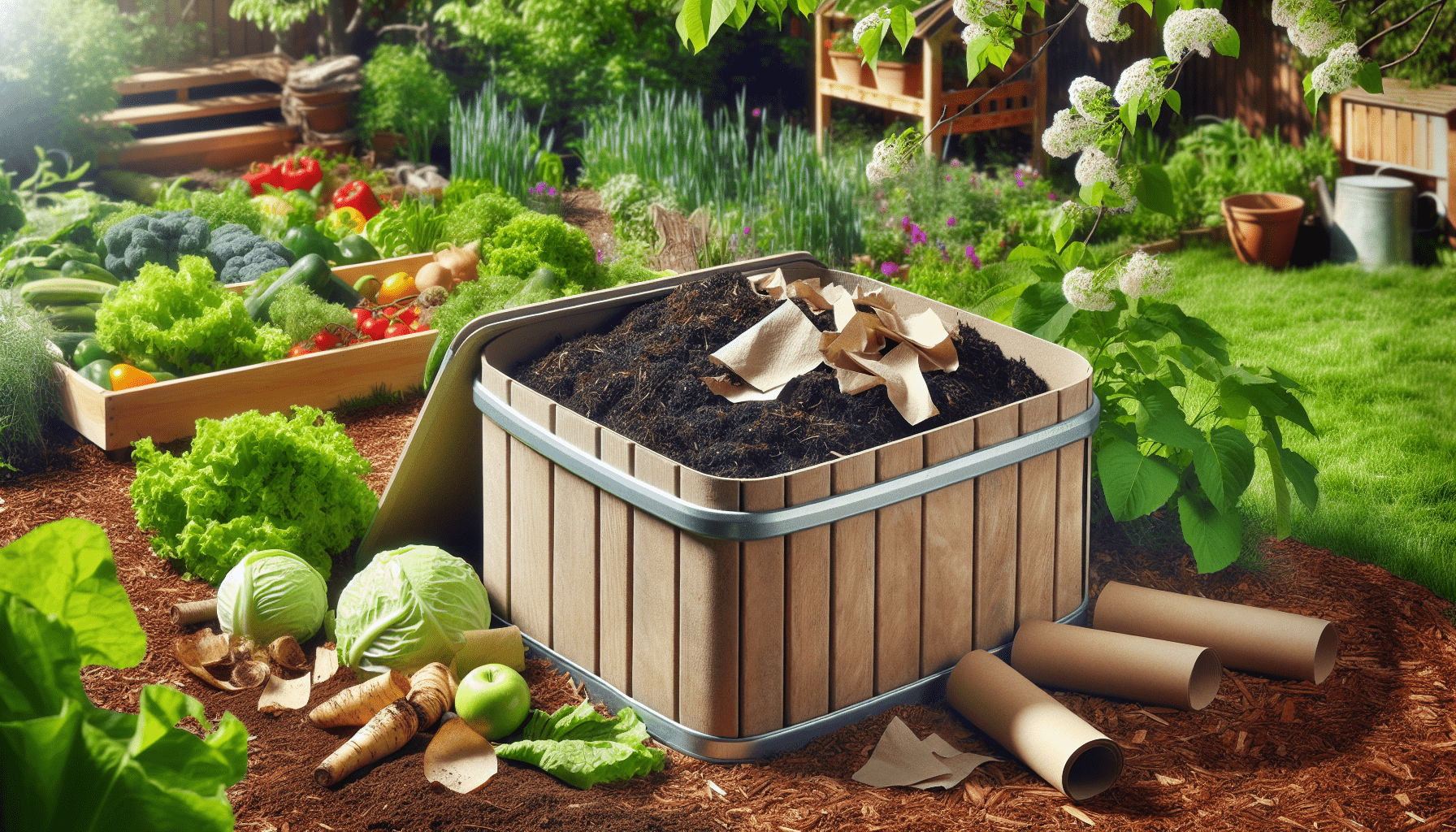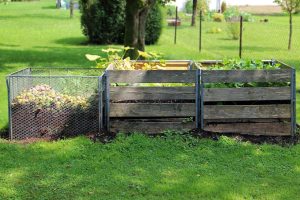In our everyday efforts to live more sustainably, we often encounter small but important questions, like whether we can compost paper towels. Through this article, we’ll explore the composting potential of paper towels, considering the materials they’re made from and how they’ve been used. Our aim is to provide clear and actionable insights so we can make the best environmental choices together, ensuring our compost piles are rich and beneficial for the planet. Have you ever wondered, “Can I compost paper towels?” It’s a great question, especially considering how common paper towels are in our daily lives. Composting is a fantastic way to reduce waste and contribute to the environment, but not all materials are suitable for your compost bin. So let’s dive into the specifics of composting paper towels and explore how we can make eco-conscious decisions together.
Understanding Composting and Its Benefits
Before we get into whether or not we can compost paper towels, let’s take a moment to understand what composting is and why it’s beneficial. Composting is the process by which organic material decomposes into a rich soil amendment known as compost.
Environmental Impact
When we compost, we help reduce the amount of waste that ends up in landfills. Organic waste in landfills decomposes anaerobically, releasing methane, a potent greenhouse gas. By composting, we enable aerobic decomposition, which produces significantly less methane.
Soil Health
Compost enriches soil, promoting better plant growth. When we use compost, we improve soil structure, increase water retention, and introduce beneficial microorganisms that help break down organic material and release nutrients.
Identifying Compostable Paper Towels
The type of paper towel we use plays a significant role in determining its compostability. Not all paper towels are created equal, so we need to be mindful of a few specific factors.
Types of Paper Towels
| Type of Paper Towel | Compostable? | Notes |
|---|---|---|
| Regular Paper Towels | Yes | If they are unbleached and don’t contain synthetic additives. |
| Bleached Paper Towels | No | Chemicals used in bleaching can be harmful to compost. |
| Printed Paper Towels | No | Inks and dyes may contain synthetic compounds. |
| Recycled Paper Towels | Yes | Provided they are unprinted and free of synthetic additives. |
| Scented/Antibacterial Towels | No | Added chemicals can disrupt the composting process. |
Regular, unbleached paper towels and recycled paper towels (without added chemicals or prints) are generally safe to compost. Always check the packaging or manufacturer’s guidelines if in doubt.
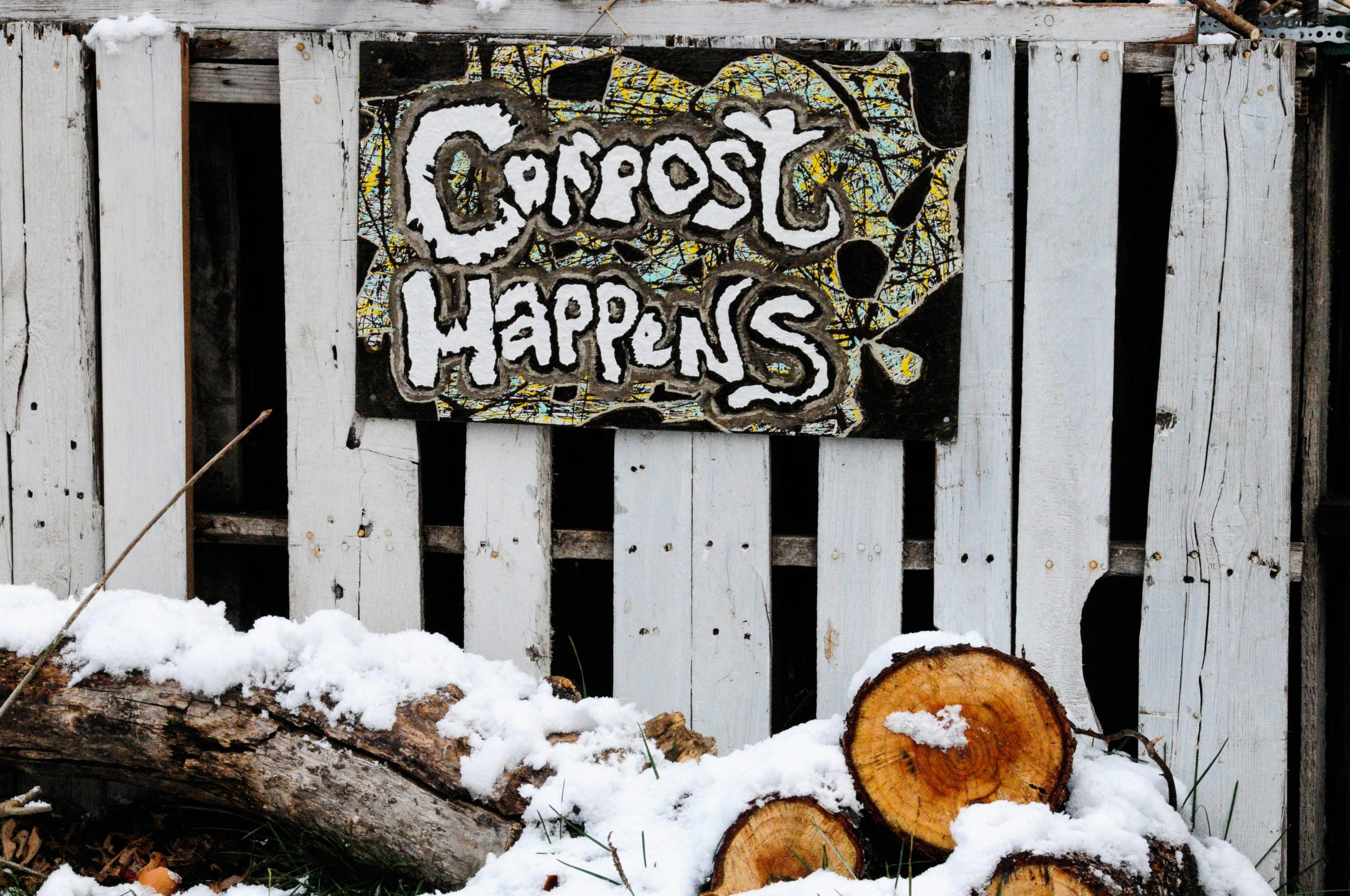
What Makes Paper Towels Compostable?
Let’s break down the factors that influence the compostability of paper towels to better understand why some are compostable while others aren’t.
Fiber Composition
Most paper towels are made from cellulose fibers derived from wood or recycled paper. These natural fibers are biodegradable and can break down easily in a compost pile.
Additives and Treatments
Some paper towels are treated with chemicals to enhance their strength, absorbency, or durability. Unfortunately, many of these chemicals are not suitable for composting, as they can inhibit microbial activity and contaminate the finished compost.
Contaminants
Perhaps the most crucial factor when considering composting paper towels is what they have been used to clean up. Here’s a quick look at what can and cannot be composted:
| Contaminant Type | Compostable? | Notes |
|---|---|---|
| Food Waste | Yes | Most food residues (except greasy or oily foods) are compost-friendly. |
| Cleaning Products | No | Chemical residues from cleaning agents can be harmful to compost. |
| Grease/Oil | Limited | Small amounts are okay, but large quantities disrupt the composting process. |
| Bodily Fluids | Limited | Can be composted in small amounts if the compost reaches high temperatures. |
| Paints/Chemical Spills | No | Toxic substances can contaminate compost and harm plants. |
Being mindful of these factors will help us determine whether a used paper towel should go into our compost bin.
How to Compost Paper Towels
Now that we know which paper towels can be composted, let’s look at some practical tips for adding them to our compost bins.
Shredding and Moisture
Shredding paper towels before composting can help them break down more quickly. Adding damp (but not soaking) paper towels also helps speed up the decomposition process.
Balancing Carbon and Nitrogen
Paper towels are considered “browns,” meaning they are high in carbon. To maintain a healthy compost pile, balance them with “greens” (materials high in nitrogen). Here are some examples:
| Browns (Carbon-rich) | Greens (Nitrogen-rich) |
|---|---|
| Dry Leaves | Vegetable Scraps |
| Straw | Grass Clippings |
| Cardboard | Coffee Grounds |
| Newspaper | Manure |
Layering
Create layers of browns and greens in your compost bin. This stratification helps introduce varied organic material to different microbes and can quicken the composting process.
Aeration and Monitoring
Regularly turning the compost pile ensures that oxygen circulates, helping aerobic microbes do their job. Keep an eye on the moisture level and odor as these are good indicators of how well your composting process is going.
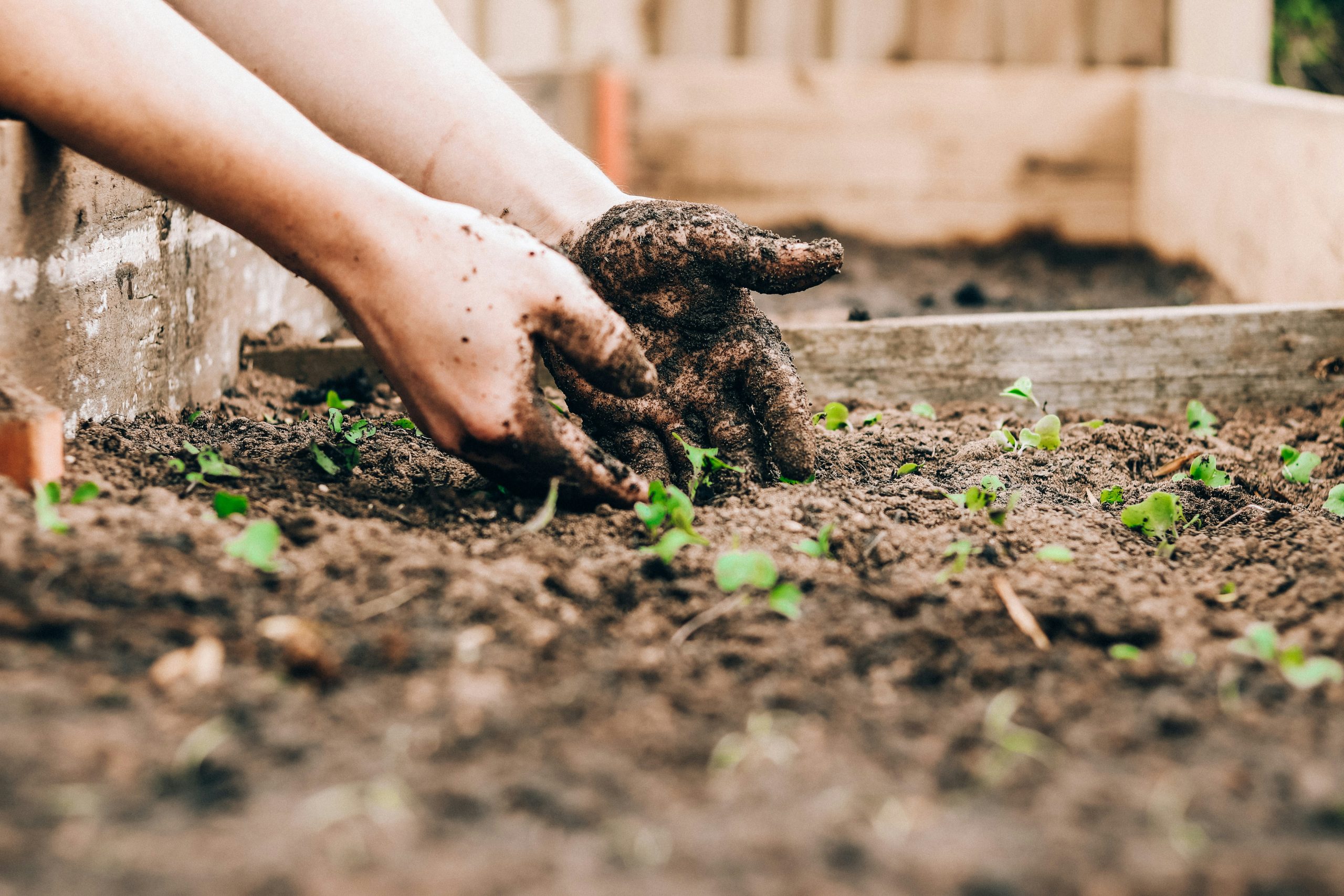
Potential Composting Issues with Paper Towels
Even though we may follow all the guidelines, issues can still arise when composting paper towels. Here’s how to troubleshoot common problems:
Sluggish Breakdown
If paper towels are taking a long time to break down, it could be due to a lack of moisture or imbalanced carbon to nitrogen ratios. Adding water or more “greens” can help remedy this.
Foul Odors
Bad smells often indicate anaerobic conditions due to insufficient aeration. Regularly turning the compost pile and ensuring proper moisture levels can help reduce odors.
Presence of Pests
Pests such as rodents and flies are often attracted by food residues. Avoid composting greasy or oily paper towels and make sure food scraps are thoroughly covered.
Benefits of Composting Paper Towels
Composting paper towels offers several benefits beyond waste reduction. Let’s explore how this simple action can have a broader impact.
Waste Reduction
Every paper towel we compost is one less item that ends up in a landfill. This can significantly reduce household waste over time.
Soil Improvement
Paper towels, when composted correctly, break down into nutrient-rich humus. This organic material enhances soil health and supports plant growth.
Environmental Stewardship
By composting, we take active steps toward sustainable living. Our efforts help lower greenhouse gas emissions and conserve landfill space, contributing positively to the environment.
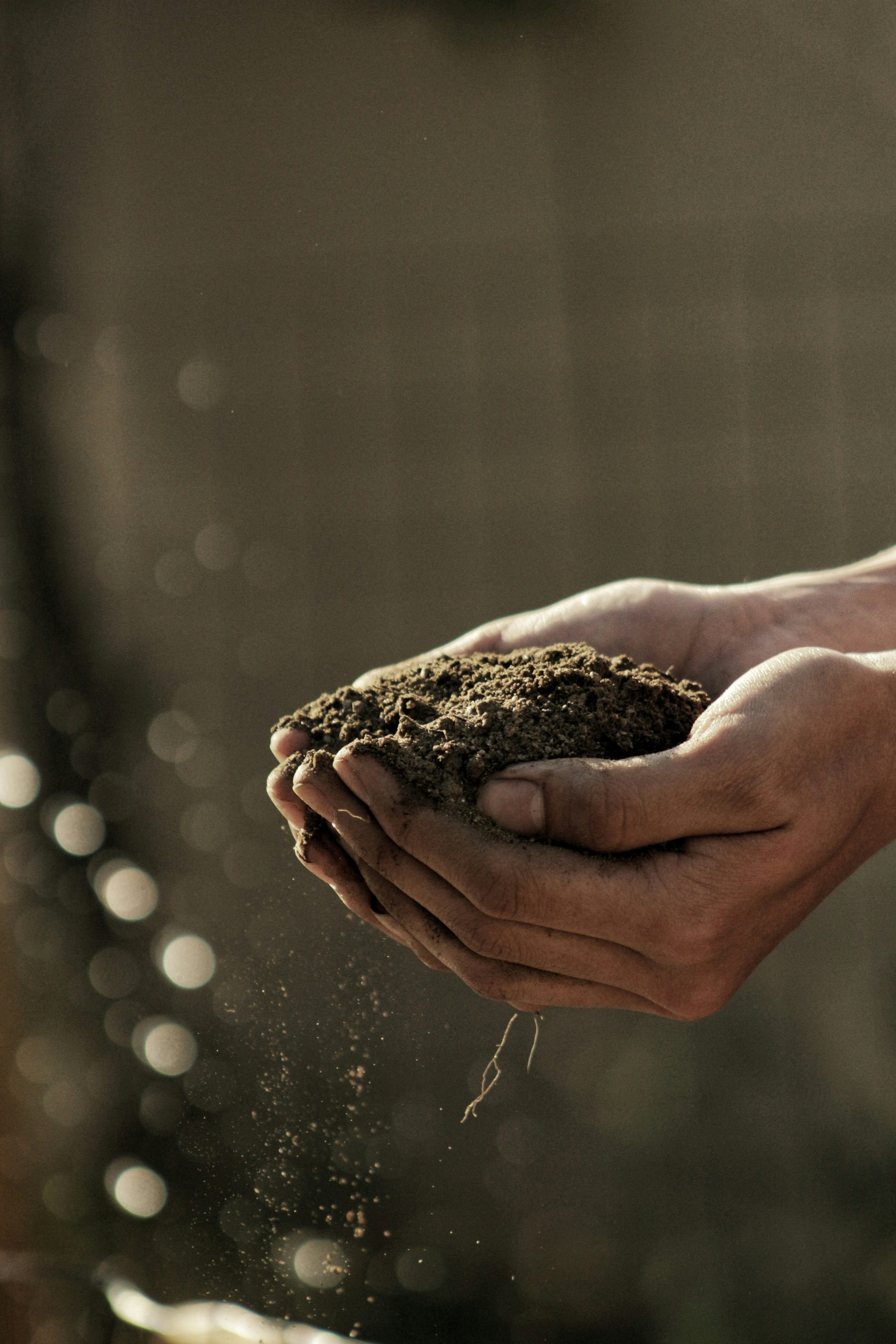
Alternatives to Composting Paper Towels
While composting paper towels is a great way to reduce waste, there are even more sustainable alternatives we can consider.
Reusable Cloths
Switching to reusable cloths or rags drastically reduces the need for disposable paper towels. They can be washed and reused multiple times, making them both eco-friendly and economical in the long run.
Bamboo Paper Towels
Bamboo paper towels are another excellent alternative. They are durable, reusable, and made from a sustainable resource. Plus, they can be composted if they meet the necessary criteria.
Reducing Overall Use
Being mindful of how we use paper towels can lead to a significant reduction. Simple habits, like using only what is necessary or opting for a cloth towel when appropriate, can make a big difference.
Conclusion
So, can we compost paper towels? The answer is yes, but with specific considerations. By choosing the right type of paper towel and ensuring they are not contaminated with harmful substances, we can successfully compost them. This practice not only reduces waste but also enhances soil health and supports sustainable living.
In our journey toward more eco-friendly lifestyles, adopting habits like composting and choosing reusable options makes a significant difference. It’s the small steps taken consistently that lead to substantial positive impacts on our environment.
Do you have any tips or experiences with composting paper towels? Share your thoughts and let’s continue the conversation towards a greener future!

